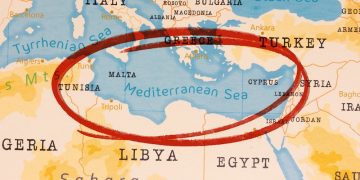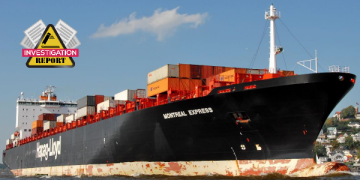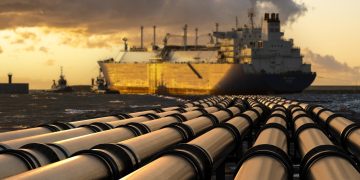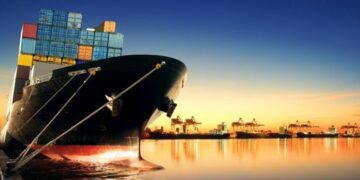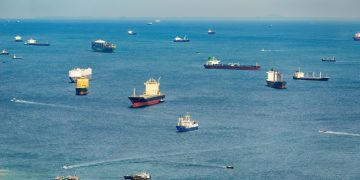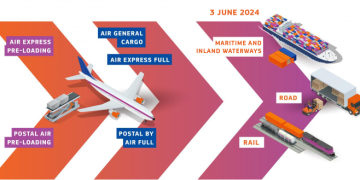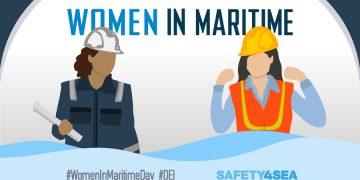Developing countries disagree with Hong Kong Convention on end-of-life ships
10th Conference of the Parties to the Basel Convention At the 10th Conference of the Parties to the Basel Convention, in an effort to prevent toxic ships from being dumped on the beaches of developing countries, African nations declared that they wanted the Basel Convention to retain its competency over end-of-life ships and reinvigorate the Basel Convention's work in this regard.Developing nations, legal experts and NGOs that attended the meeting all voiced the concern that the International Maritime Organization's Hong Kong Convention will not stop hazardous wastes such as asbestos, PCBs, residue oils and heavy metals from being exported to the poorest communities and most desperate workers in developing counties.The Hong Kong Convention, which was adopted in 2009, but has not yet been ratified by a single country, has no intention of minimizing the movement of toxic ships to developing countries.Currently the 1989 Basel Convention is the only legal instrument on transboundary movements of waste, and the only legal tool developing countries can successfully use to stop toxic ships from entering their territorial waters.Liabilities not on the polluterThe developing countries' statement was supported by the Basel Action Network and the NGO Shipbreaking Platform, a global coalition of labor rights and ...
Read more



